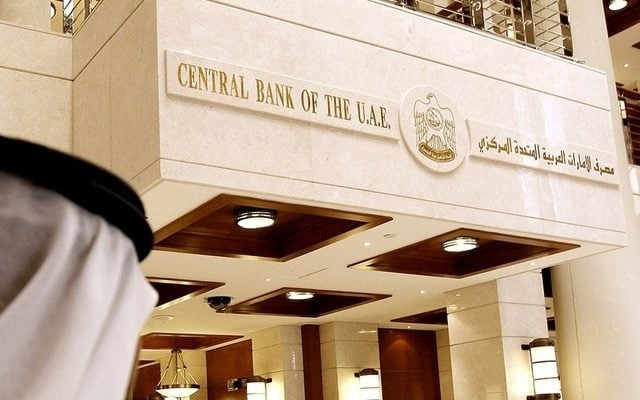New Delhi
The Reserve Bank of India (RBI) and the Central Bank of the UAE (CBUAE) have announced the signing of two agreements to streamline cross-border transactions and link payment and messaging systems, in a move designed to boost economic cooperation between the two nations.
The Memoranda of Understanding (MoUs) were signed in the presence of Indian Prime Minister Narendra Modi and UAE President Sheikh Mohamed Bin Zayed Al Nahyan. According to an official RBI statement, the agreements will facilitate the use of local currencies, specifically the Indian rupee (INR) and the UAE dirham (AED), for cross-border transactions. This aligns with India’s broader goal to lessen reliance on the US dollar for international trade.
One MoU is focused on the creation of a Local Currency Settlement System (LCSS) to foster the bilateral use of INR and AED. It is envisaged that the LCSS will cover all current account transactions and permitted capital account transactions.
The RBI has stated that the new arrangement will allow exporters and importers to invoice and settle payments in their domestic currencies, potentially leading to the development of an INR-AED foreign exchange market. The move is expected to boost investments and remittances between the two nations, as well as optimise transaction costs and settlement times.In regards to the second MoU on ‘Payments and Messaging Systems’, the two central banks have committed to linking their Fast Payment Systems – namely, India’s Unified Payments Interface (UPI) and the UAE’s Instant Payment Platform (IPP). Additionally, they have agreed to link their respective Card Switches (RuPay switch and UAESWITCH) and explore options for connecting their financial messaging systems.
The RBI believes that the UPI-IPP linkage will provide users in both countries with an efficient, secure, and cost-effective solution for cross-border funds transfers. Meanwhile, linking the Card Switches will facilitate the mutual acceptance of domestic cards and processing of card transactions. The proposed financial messaging system linkage aims to further streamline bilateral financial communication.

